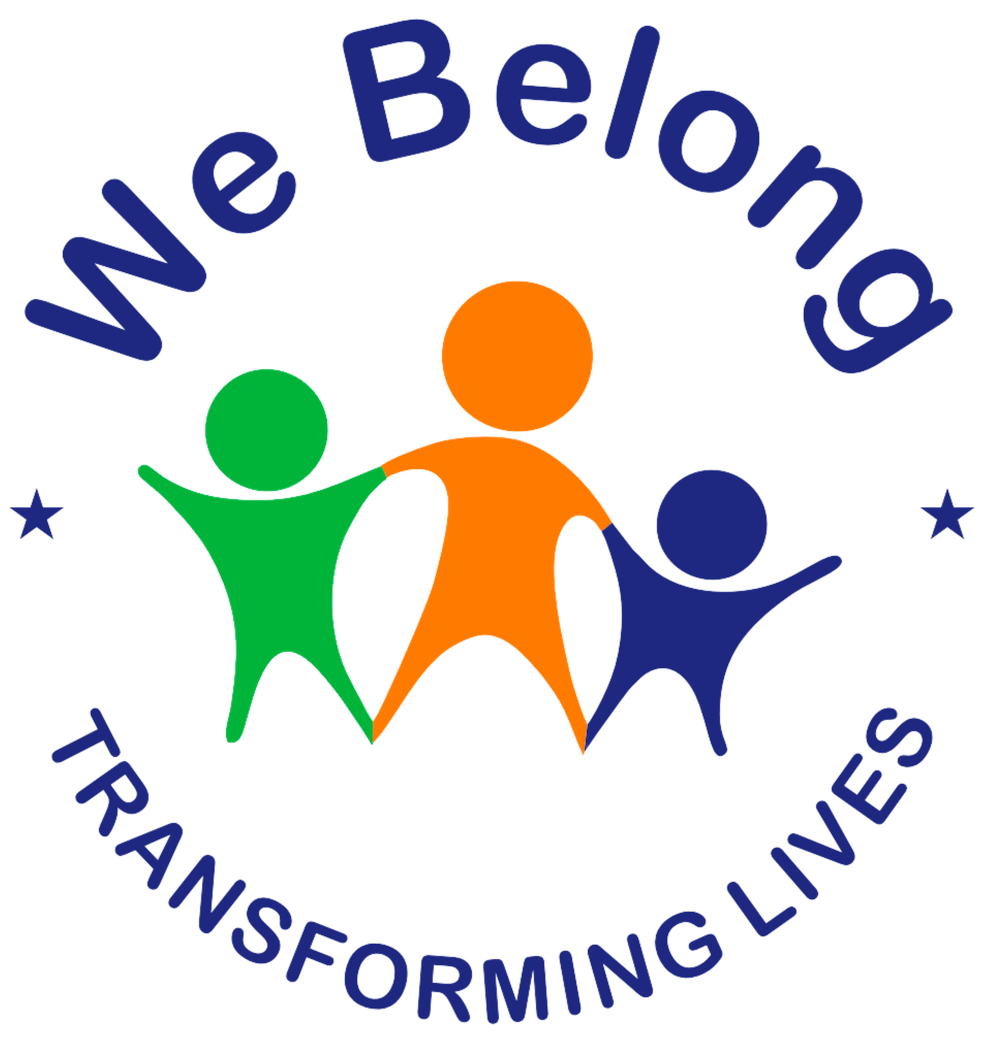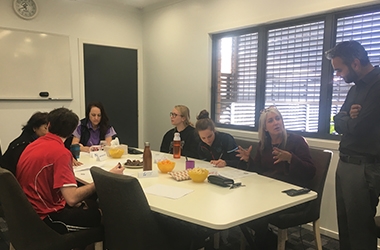This issue is quite popular in the professional development arena and is frequently discussed within organisations. Our approach is distinct from what already exists out there. We critically examine verbal and nonverbal communication and the potential impact of effective vs non-effective communication on the efficiency of your program.
Through this program staff will become self-aware of their roles and responsibilities as educators and leaders. In this workshop, I will go through some lenses through which we listen to “the other”. By doing so we will tackle off the communication barrier which already exists among humans. Once this barrier is taken care of, all the staff members will find themselves on the same page. This will enable the leaders to communicate with their staff more effectively and the staff members will be able to “listen” to the leaders from a newly acquired context. Thus, creating a safe and supportive environment for all staff members. We make use of your personal life experiences and apply our technology to further enhance your knowledge of the key elements of effective communication. We pay attention to your current communication culture and how that can be enhanced.
We will then expand on this new understanding to the interactive supervision. We will distinguish between Active and Interactive Supervision which will be theoretically supported. In this workshop, the staff members will be able to see what makes an effective supervision as compared to the already existing practice. In this way, the leaders will be able to establish interactive supervision expectations which are crucial for children engagement.
We consider what theoretical model might best fit your organisation and how those theories can be implemented in your day to day practices. This workshop will enable participants to explore newly generated possibilities in how they listen to children, outside of familiar preconceived contexts.
We will explore latest research in this field and the combination of our research and real-life examples will assist you in creating an environment such that everyone is felt heard.

